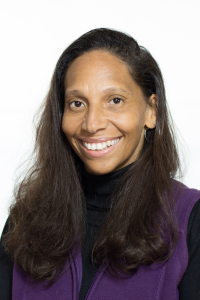Women all over the world know how important breastfeeding is, especially exclusively breastfeeding infants younger than six months old. Unfortunately, only 32% of South African women are doing it.
In light of International Breastfeeding Week taking place from 1 to 7 August and themed “Empowering parents, enable breastfeeding”, Chantell Witten, a senior lecturer at the North-West University (NWU), shares findings from her PhD research.
She explains why women find it difficult to practice exclusive breastfeeding in South Africa.
Lerato la Mme
Chantell’s research, Lerato la Mme - which means mother’s love in Setswana - was conducted from November 2017 until March 2018. During this period she followed 210 mothers and collected data at four specific time points: at 3-14 days, 4-8 weeks, 10-14 weeks and then finally between 20-24 weeks.
After conducting interviews in Ikageng and Potchefstroom, and organising focus groups in Klerksdorp, she found that all breastfeeding mothers had similar experiences.
According to Chantell, more than a million South African mothers are registered with the National Department of Health’s mHealth service, MomConnect. This service aims to support maternal and child health through cell phone messaging.
“Even though the breastfeeding knowledge base of the mothers is very high, they are struggling with their personal stress levels, especially in their home environment,” says Chantell.
She adds that although a high proportion of participants had post-matric schooling levels, the majority were unemployed, unmarried and came from unsupportive environments. Her study found that mothers were mainly worried about food and family relations.
“A lot of mothers said they cannot produce enough breastmilk when they do not have enough food at home and are stressed by their environment. They then decide to give their babies another alternative such as formula, tea or food,” says Chantell.
Her research shows that it is not more information about breastfeeding that is needed to empower mothers, but rather support programmes to help them manage and mitigate family stress. Efforts to support breastfeeding mothers with food interventions could also address their food insecurity.
“Mothers know that breastmilk is good, but cannot breastfeed their infants because of these barriers. We need programmes that will help support mothers on a psychological and psychosocial level.
“Although South Africa’s exclusive breastfeeding rate has increased, we will not meet the United Nations’ target of 50% by 2025 if we do not eliminate these barriers,” she concludes.

Chantell Witton.
#NWUWomen
